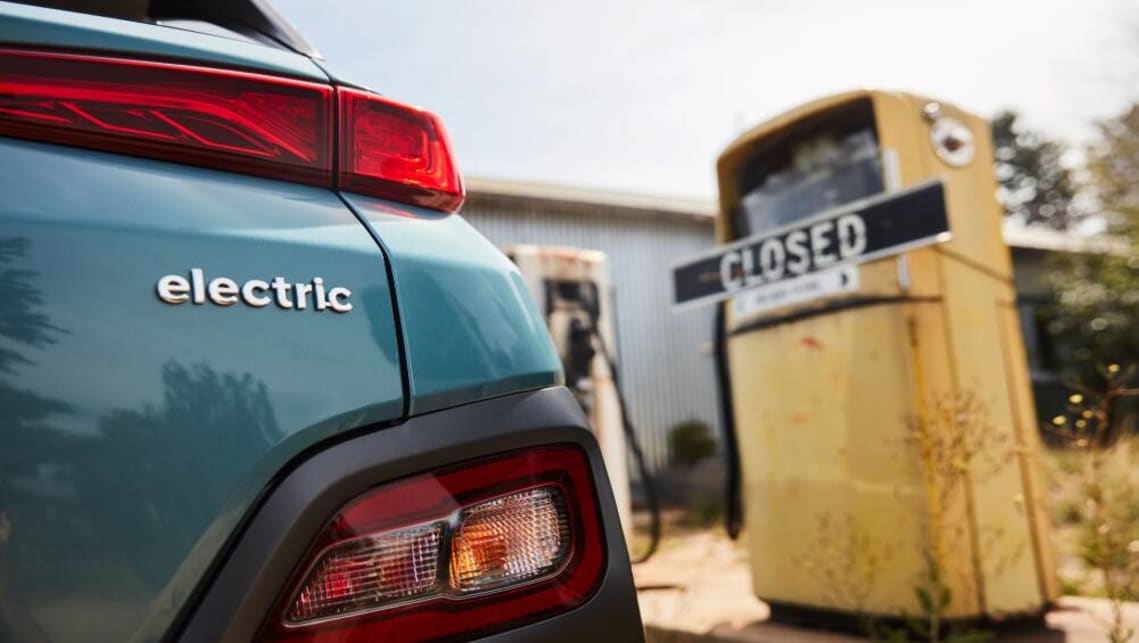Your cart is currently empty!

Should electric cars be taxed more?
For years car companies have been asking Australian governments for incentives to encourage electric vehicle growth – the New South Wales government is looking at the opposite.
According to a report in The Sydney Morning Herald, NSW Treasury secretary Michael Pratt is looking for ways to tax EVs to make up for lost fuel excise revenue. As part of the budget estimates process the government is considering a variety of measures including usage charging, increased registration costs and even pushing for Federal levies of electric cars.
While the process is still in its early stages, the notion of penalising EV buyers rather than offering incentives to get people into cleaner cars was a concern to Behyad Jafari, head of the Electric Vehicle Council.
While he said the Council is still working with the NSW government on a range of options to help expand EV uptake, as part of its ‘Net Zero’ plan, he stressed than adding extra costs to EVs was a bad idea.
“Because EVs don’t pay fuel excise they should pay another tax, [that’s] a very old way of thinking,” Mr Jafari told CarsGuide.
He questioned the validity of the government’s argument that the increase of EVs on the road would decrease the amount of money it would have to spend on maintaining roads because of the reduced excise revenue. Instead, he said fuel excise went into general government revenue, so there are alternative options rather than just taxing EV buyers more.
Mr Jafari also said that most other developed new vehicle markets have been offering incentives for EVs for up to a decade, which has helped to drive down costs. At present there are only six EVs priced under $60,000 sold in Australia, compared to more than 20 options in the UK for a similar amount.
According to the report Mr Pratt told the budget estimate hearing that “generally today the people who own electric vehicles are the wealthier end of society who are not paying a dollar for road transport.”
Mr Jafari disputed that argument, saying in other markets around the world where the cost of new EVs is reduced by government support it creates a more affordable second-hand market for less affluent buyers.
“It’s concerning for governments to say that, because it’s their lack of incentive that allows that,” Mr Jafari said.
He cautioned that Australia risks being left behind by the rest of the world, with car makers open to supplying Australia with its older, less efficient models in the future. Because while the car industry is pushing ahead with more EVs as emission regulations in overseas markets get tighter, Australia remains behind the rest of the world.
“There’s a concern about that,” Mr Jafari said. “And to some extent that’s already happened, we already have less efficient vehicles and less choice in electric vehicles because we don’t have the same level of regulation as other countries.”
by
Tags:
